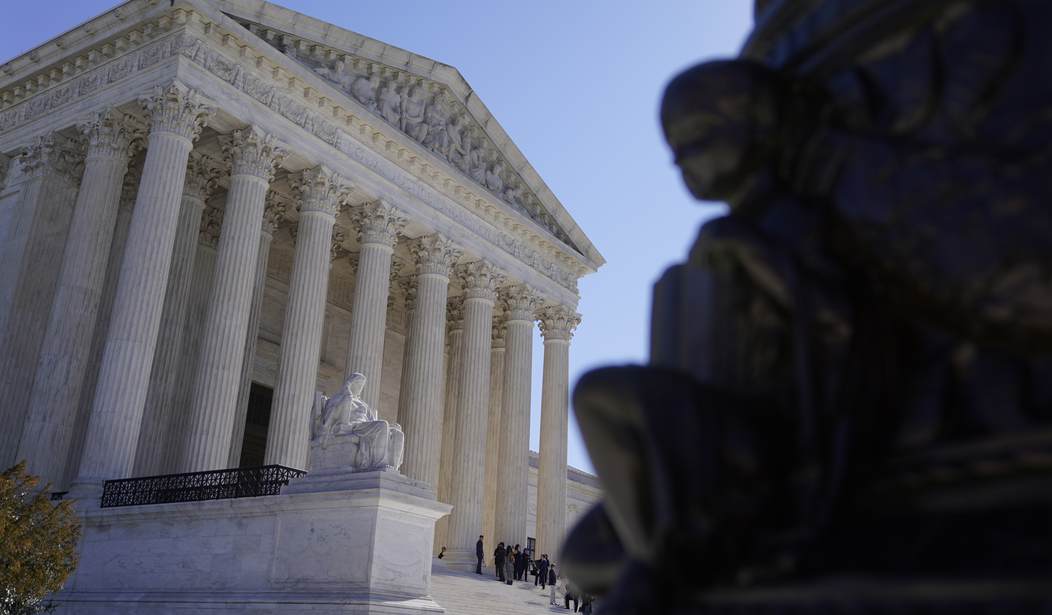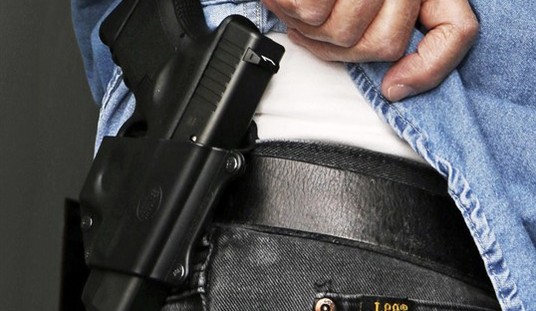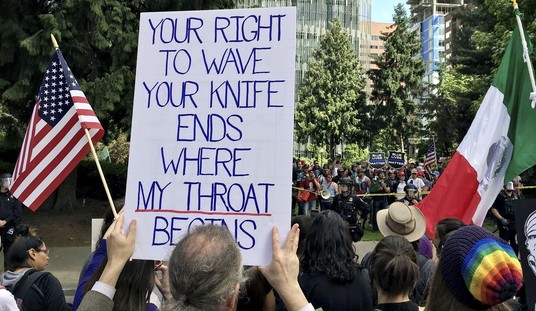If the Supreme Court strikes down New York’s “may issue” carry laws on constitutional grounds, not much will change for most Americans, who already live in one of the 42 states that are “shall issue” when it comes to concealed carry licenses. The tens of millions of residents in the eight “may issue” states (New York, California, Maryland, New Jersey, Hawaii, Delaware, Connecticut, and Massachusetts), on the other hand, will be able to finally exercise their right to bear arms in self-defense without first having to justify their “need” to do so or to win the subjective and arbitrary approval of their local licensing officer.
At least that’s how we hope it’ll play out. In reality, the “may issue” states are already prepping their response if the Supreme Court acknowledges that the right to bear arms is just as real as the right to keep them in our homes. New York legislators are expected to ram through new restrictions on where firearms can be lawfully carried, with one proposal turning any space where more than 15 people are present into a “sensitive area” where guns are forbidden, and Massachusetts Democrats say they’re ready to quickly respond if the Court’s ruling impacts their own “may issue” laws.
Legislative leaders said they are preparing for the possibility of portions of Massachusetts law to be invalidated, though time remains a factor. The Legislature’s formal sessions are scheduled to end July 31, and lawmakers are entering a stretch that typically becomes a bottleneck of unfinished work and complex legislation.State Representative Michael S. Day, the House chairman of the judiciary committee, said lawmakers believe that their current laws are constitutional, and have created what he called a“strong net of rules” on firearms.“If that net is loosened at all, we’ll be able to move very quickly in response to it,” said Day, a Stoneham Democrat.Lawmakers are also still weighing a range of other bills that would expand the state’s already stringent laws. The Legislature’s committee on public safety has been weighing bills addressing so-called “ghost guns,” or firearms that lawmakers say have evaded regulation because they don’t have a serial number and are typically sold in pieces or in kits. Other legislation would ban the manufacturing of assault weapons in Massachusetts, except for law enforcement and military purposes.
I’m sure that lawmakers believe the current “may issue” statutes are constitutional, but that’s no guarantee that the Court is going to see it the same way, and the fact that anti-gun politicians in these “may issue” states are already laying the groundwork for their post-Bruen prohibitions tells me that they know full well that their laws are likely to fall.
What’s truly sad and infuriating is that, instead of recognizing the right to keep and bear arms, these same politicians are going to continue to do everything in their power (and likely a few things that go beyond the scope of their authority) in order to prevent law-abiding citizens from exercising their civil rights.
I can’t help but notice, however, that Rep. Day declined to talk about any specific response to the Bruen decision. Instead he talked about how “quickly” that response might come. With Democratic majorities in both chambers of the legislature and a squishy Republican governor who’s not running for re-election, any legislation that has the backing of party leadership is likely to sail through the statehouse and may very get the approval of Gov. Charlie Baker, but the question remains: what exactly are they planning to do?
My guess, based both on the rhetoric from gun control groups as well as the actions of anti-gun lawmakers in other “may issue” states like New York, is that new restrictions will be imposed in a couple of ways: time, manner, and place restrictions that are designed to make many public spaces off-limits to legal carrying and onerous training requirements along with increased fees meant to dissuade gun owners from applying for a license in the first are the most likely possibilities in my opinion.
Any new laws are likely to result in new lawsuits challenging their constitutionality, and that’s where the scope of the Bruen opinion comes into play. A broad ruling that encompasses the proper (and strict) standard of review for Second Amendment cases could take some options away from anti-gun politicians, while a narrowly-crafted opinion could leave plenty of avenues for the gun control lobby and their political allies to exploit; leaving law-abiding gun owners with a right to carry in theory, but not in practice.
My guess (and hope) continues to be that SCOTUS isn’t going to pussyfoot around with this opinion, and there’ll be plenty of steak to go along with the sizzle, but that won’t stop the anti-gun lawmakers in “may issue” states from enacting at least one more round of laws aimed at resisting the Court’s decision and blocking law-abiding Americans from exercising their right to bear arms. I think Bruen is going to be an important decision, to be sure, but it’s not going to be the last Second Amendment-related case to get the Court’s attention.









